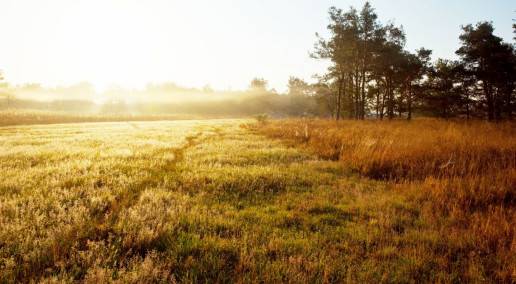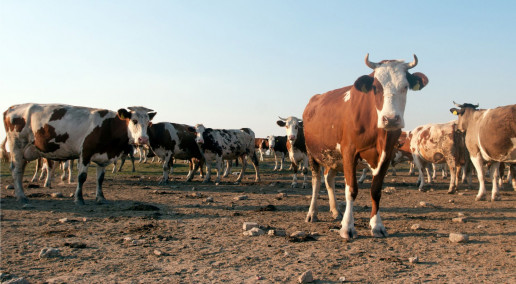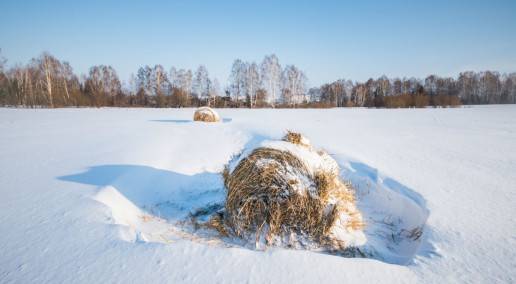Christian Duchesneau spoke about new tools being made available to agronomists and primary producers to support their forage management decisions. It was a joint presentation with Philippe Seguin. These tools provide useful information to farmers, personalised to their farms.
Christian spoke about the Forage-U-Pick mapping interface, with soil zones, which narrows downfield characteristics. The outcome suggests forage crops best suited to producers based on their conditions. This tool also contains information about management, seeding instructions and more. Once a forage species, or mixture, is selected, producers can use the Seed Rate calculator to learn about the seeding rate, cost by species and total costs. This Seed Rate calculator is helpful because the seed rate is different by species even if their desired stand percentage is the same.
Philippe spoke about NUTRI-Fourrager, a decision aid tool to estimate the pre-harvest nutritive values of grass-based on simple measures done in the field. Forage quality is a key component of dairy farm profitability and neutral detergent fibre (NDF) concentration is a key variable that changes rapidly over time. NDF is linked to intake and rumination. When NDF changed from 53 percent to 48 percent, there was a drop in milk cost by three dollars per litre, illustrating harvesting time of NDF is very important for profitability. Farmers need quick measurements in the field. For example, waiting 10 days for harvesting an alfalfa-timothy mixture can see a five percent increase in value.
In New York, there were predictive equations for alfalfa quality (PEAQ) developed for pure alfalfa, based on its height and stage of development. It has since been adapted for alfalfa-grass mixtures. Phillipe’s team researched and adapted PEAQ to be used under Quebec conditions called NUTRI-Fourrager. It is a web application to estimate NDF concentration and relative feed value (RFV) based on simple measurements made by a farmer. This tool is used in order to identify the most appropriate time to harvest alfalfa-grass mixes for first and second harvests to maximise nutrition.
In order to use NUTRI-Fourrager, producers need a 50-by-50 centimetre quadrant, a ruler, scissors, plastic bags, a small kitchen scale, internet and five sample areas of a field. In each quadrant measure the tallest alfalfa stem, the tallest grass stem, the alfalfa proportion in mixture by weight and the development stage of mature alfalfa stem for RFV only. Producers enter all of these measurements into the web application which will generate a report once complete. The report indicates the optimal timing of forage harvest.
Christian Duchesneau is a forage and turf expert and farm succession program coordinator with Synagri. Christian Duchesneau is an agronomist with a bachelor’s degree in bio-agronomy from Laval University. He is heavily involved in the national and provincial agricultural sectors. For example, acting in the past as chair of the Forage and Turf Committee of the Canadian Seed Trade Association and vice-president of the conseil Québécois des plantes fourragères.
Philippe Seguin obtained his PhD in agronomy in 2000 from the University of Minnesota U.S., following undergraduate and graduate studies in general agriculture and plant science at McGill University. In 2000, he joined McGill University as Assistant Professor in the Department of Plant Science and became Associate Professor in the same department in 2006. He has been a full professor since 2018. He served as chair of the Department of Plant Science between 2009 and 2014 and as Acting Associate Dean (Research) between August 2016 and January 2017.
Back to Most Popular



Leave a Comment